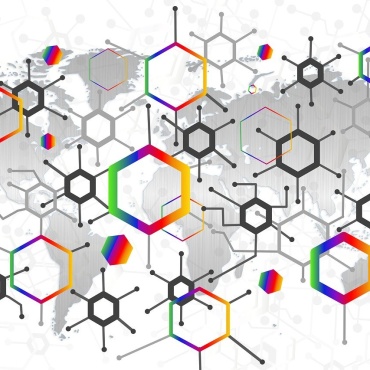Parliamentary question to the Commission: Absence of support from EU embassies the Delegation for Moscow gay pride
Written parliamentary question asked to the European Commission by:
 Michael Cashman (UK, S&D)
Michael Cashman (UK, S&D)- Ulrike Lunacek (Austria, Greens/EFA)
- Sophie in’t Veld (Netherlands, ALDE)
- Raül Romeva i Rueda (Spain, Greens/EFA)
- Sirpa Pietikäinen (Finland, EPP)
- Rui Tavares (Portugal, GUE/GNL)
On 30th March, organisers of the Moscow gay pride approached the Delegation of the European Union in Moscow, asking for their formal support to an event that has been banned for the last five years and has constantly sustained violence and arrests. The Ambassador declined to support the event, despite this statement from the High Representative (PDF) on 17th May 2010: “The European Union urges States to ensure adequate protection of human rights defenders, and remove obstacles which prevent them from carrying out their work on issues of human rights and sexual orientation and gender identity.”
On 29th May, a group of 30 activists briefly staged their gay pride march by escaping authorities, falsely announcing the location of the event outside the Delegation of the EU in Moscow—where violent counter-protesters and OMON police stood ready to stop the event—and staging the illegal march elsewhere in the city.
In its answer to parliamentary question E-0242/10, the Commission affirmed that ‘when the EU spoke, and acted, as one, it was more effective’. Hosting an event for the pride march, or merely providing symbolic support, would have allowed the EU to show such a united front.
We appreciate that the Commission regularly includes human rights in its bilateral meetings with Russia, as well as the support provided through the EIDHR. However, these means have proven to be mostly unconstructive in securing the human rights of LGBT people over recent years. Our question therefore concerns the following issues:
- Does the Commission agree that support on this occasion would have constituted positive action in the context of the European Union’s commitment to human rights in Russia? If not, why not?
- Why did the EU Ambassador turn down a request from Russian activists to provide any form of material or symbolical support to the event?
- In the light of the High Representative’s statement, will the European Union Delegation to Russia support human rights defenders working for the human rights of LGBT people in the future?






